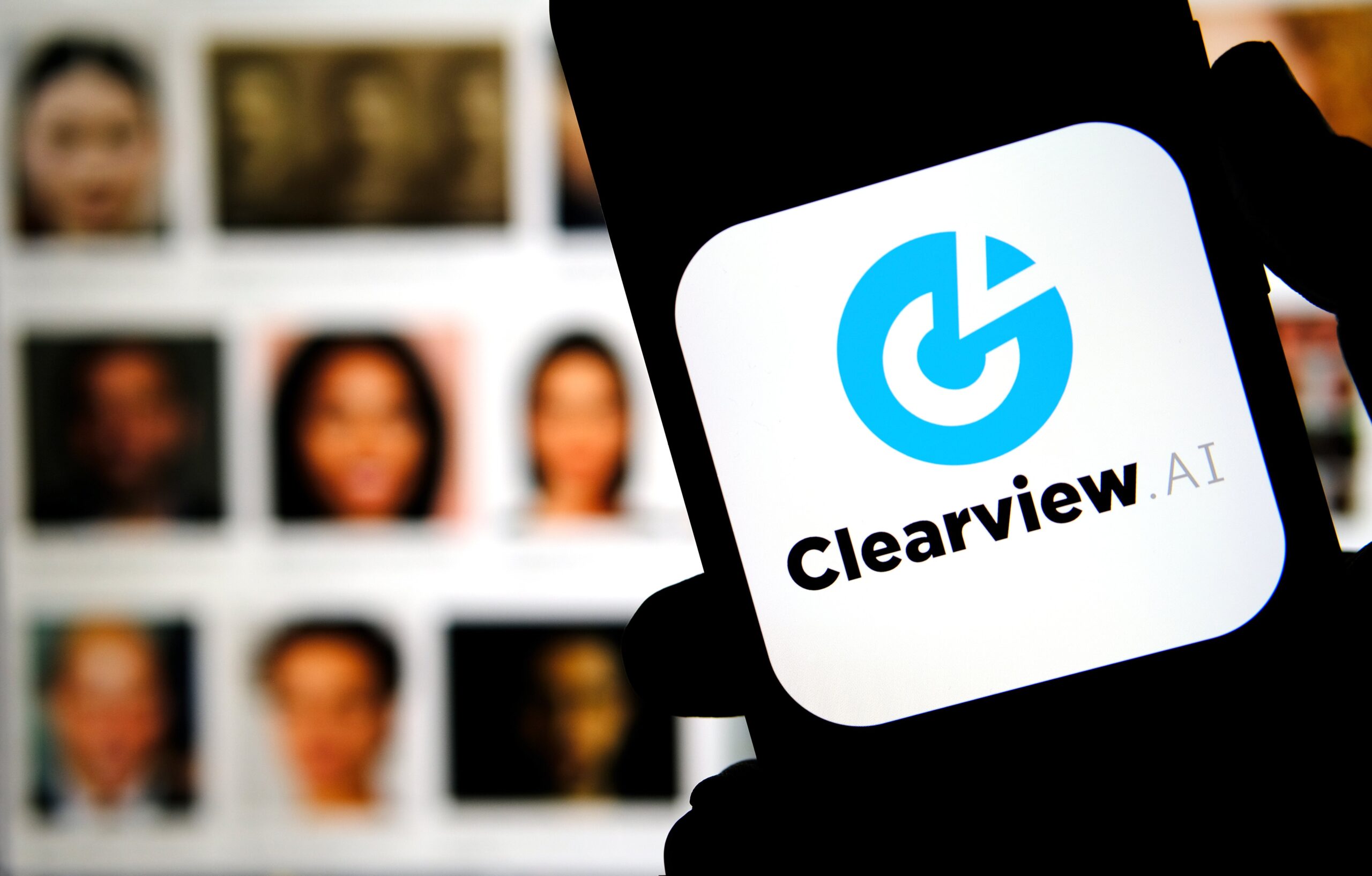Clearview AI has been under fire for developing a highly controversial facial recognition tool used by law enforcement agencies. According to CNN, the company agreed to stop selling its technology to most private companies operating in the U.S.
Suggested Reading
In May 2020, the Illinois chapter ACLU sued Clearview AI after the NY Times reported that the company harvested millions of images from social networks and websites to utilize in their database. The lawsuit claimed Clearview’s actions violated the 2008 Illinois Biometric Information Privacy Act, which protects current and former residents’ facial and fingerprint identifiers from being used without consent. The Chicago Alliance Against Sexual Exploitation and Sex Workers Outreach Project Chicago also joined the suit.
Clearview agreed not to offer free trials of its software to individual police officers without a sign-off from their superiors and not to sell their technology for five years from selling its software, including to state or local law enforcement agencies within Illinois.
A deputy director of the ACLU’s Speech, Privacy, and Technology Project, Fred Wessler, stated the settlement was a big win for privacy protections.
“This settlement demonstrates that strong privacy laws can provide real protections against abuse,” Freed Wessler said in a statement Monday. “Clearview can no longer treat people’s unique biometric identifiers as an unrestricted source of profit.”
The company has said its current customers include more than 3,100 US agencies, including the FBI and Department of Homeland Security. Countries such as Canada and Australia have deemed Clearview’s operations as illegal.
CEO Hoan Ton-That said Clearview was exploring a side venture that would allow businesses to use the company’s algorithms to verify a person’s face for bank transactions and other purposes to the Associated Press. However, Ton-That says the company will operate under the parameters of the settlement.
“Clearview AI’s posture regarding sales to private entities remains unchanged,” Hoan Ton-That, CEO Clearview AI, said in a statement. “We would only sell to private entities in a manner that complies with BIPA. Our database is only provided to government agencies for the purpose of solving crimes.”
“This settlement does not preclude Clearview AI selling its bias-free algorithm, without its database, to commercial entities on a consent basis, which is compliant with BIPA.”
Straight From 
Sign up for our free daily newsletter.



